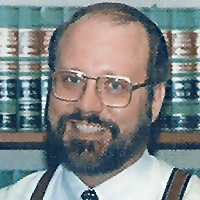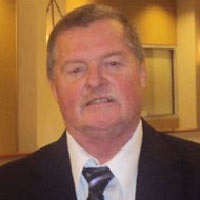Fort Stewart Estate Lawyer, Georgia
Sponsored Law Firm
-
 x
x

Click For More Info:
-
Sell & Melton LLP
577 Mulberry Street Suite 810 Macon, GA 31201» view mapEstate Law Accomplished. Experienced. Dedicated.
At Sell & Melton LLP, our team is ready to help you with legal matters of estate planning. We have the experience needed to help you reach a satisfactory outcome.
800-770-3841
R. Brandon Galloway
✓ VERIFIEDR. Brandon Galloway is a practicing lawyer in the state of Georgia where he currently works at Galloway & Galloway, P.C. He received his bachelors deg... (more)
Kimberly Laverne Copeland
✓ VERIFIEDKimberly L. Copeland, founder of Kimberly L. Copeland & Associates in Jesup, Georgia, has become one of the most respected criminal lawyers in Georgi... (more)
Daryl J. Walker
✓ VERIFIEDDaryl Walker proudly serves Savannah, Georgia and the neighboring communities in the areas of criminal, DUI-DWI, accident & injury, and estate law.
Jonathan Hunt
✓ VERIFIEDJonathan Hunt is a practicing lawyer in the state of Georgia specializing in Personal Injury, Domestic, Criminal, Probate and Real Estate Law.
John F. Geraghty
✓ VERIFIEDThe goal of our law firm is to help our clients achieve JUSTICE. WITH GOD’S GRACE we have been successful in helping parents keep custody of their c... (more)
FREE CONSULTATION
CONTACT R. Chix Miller Macon, GA
R. Chix Miller Macon, GA Practice AreasExpertise
Practice AreasExpertise





